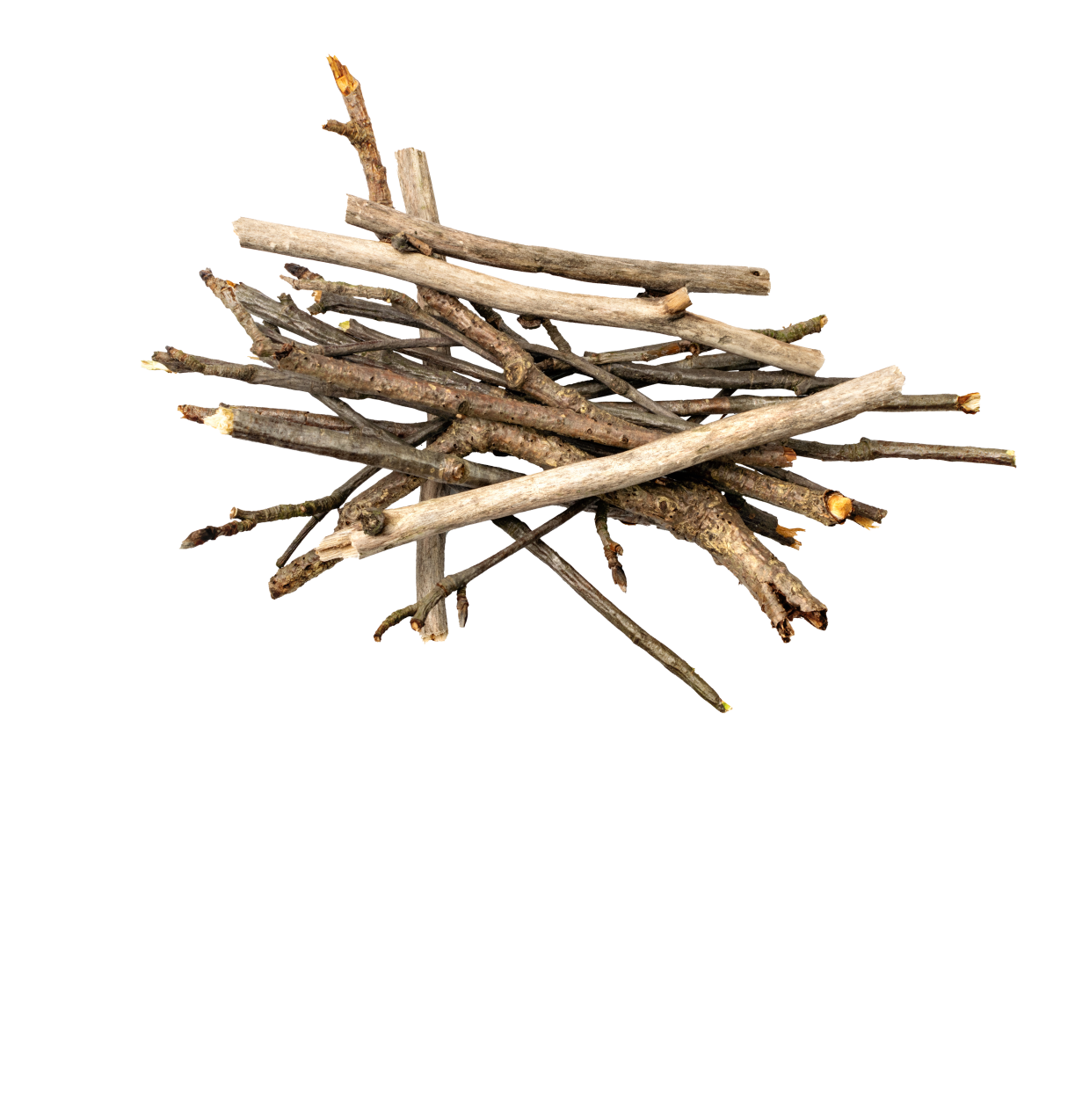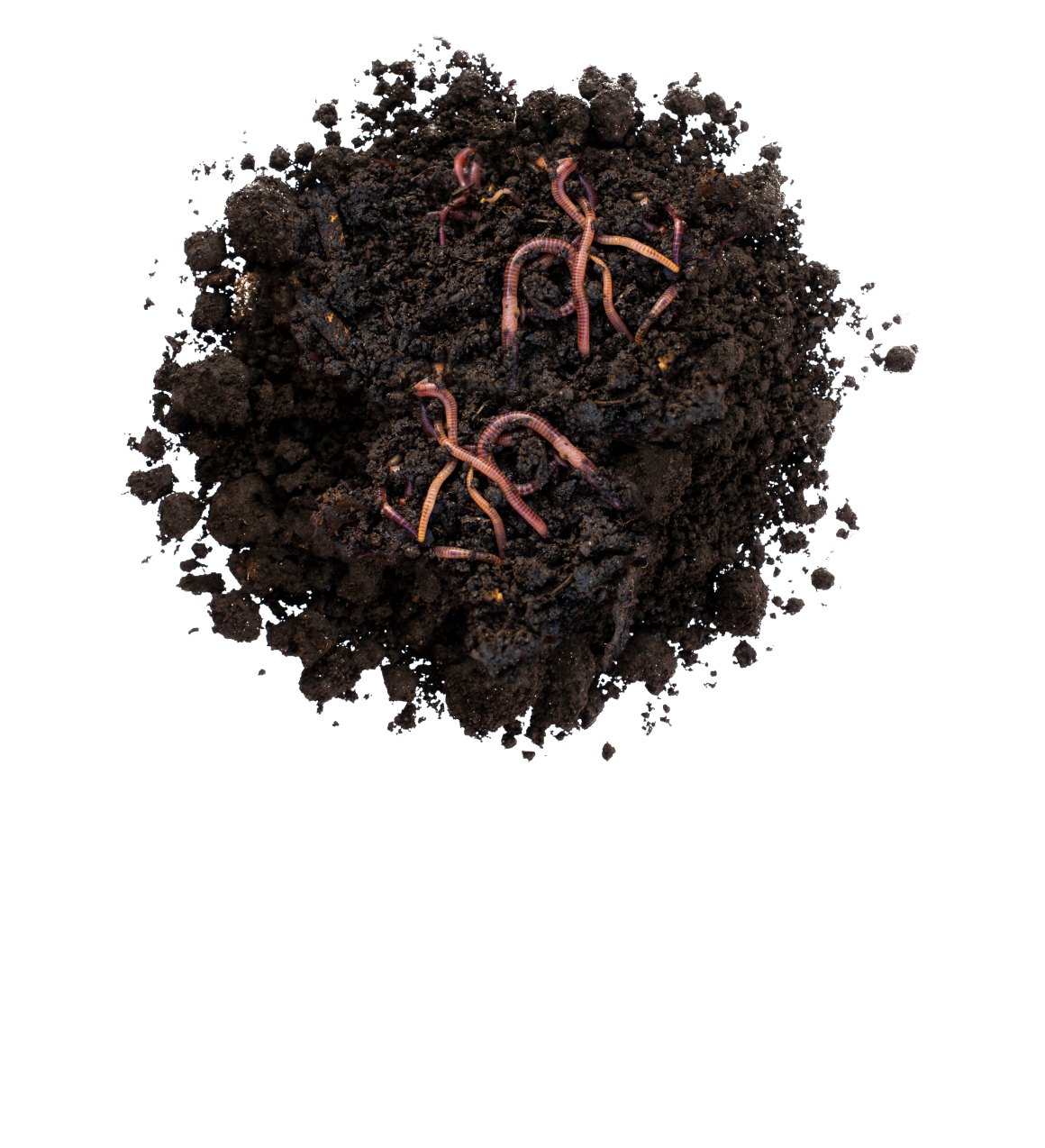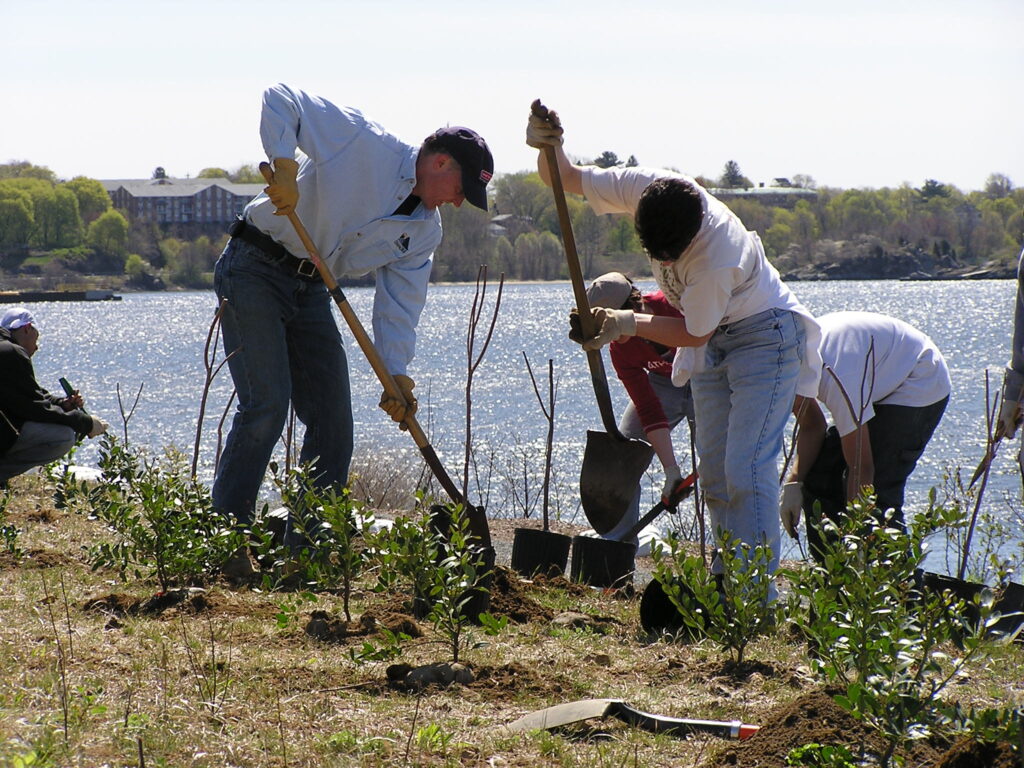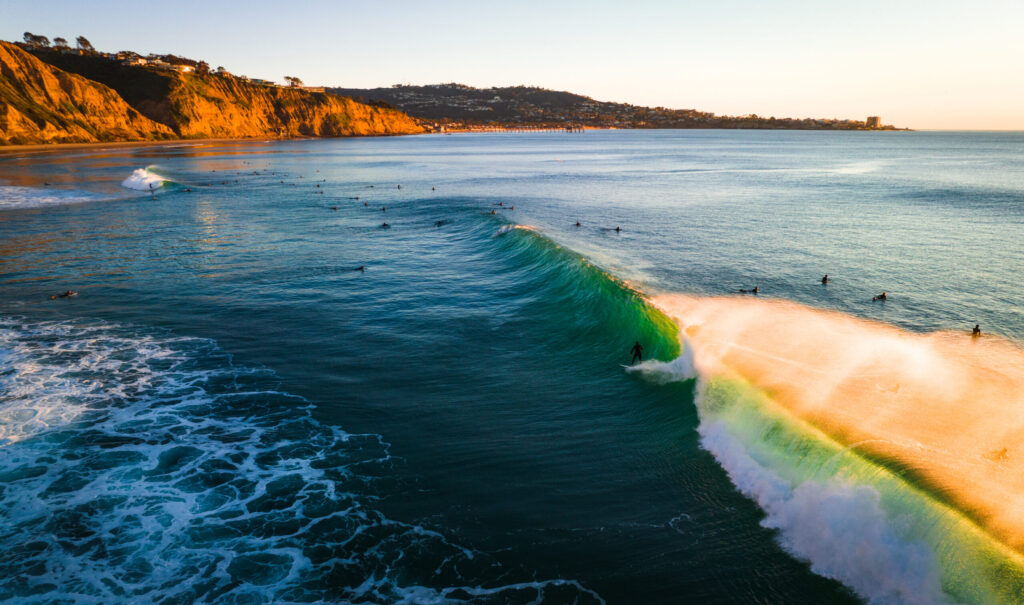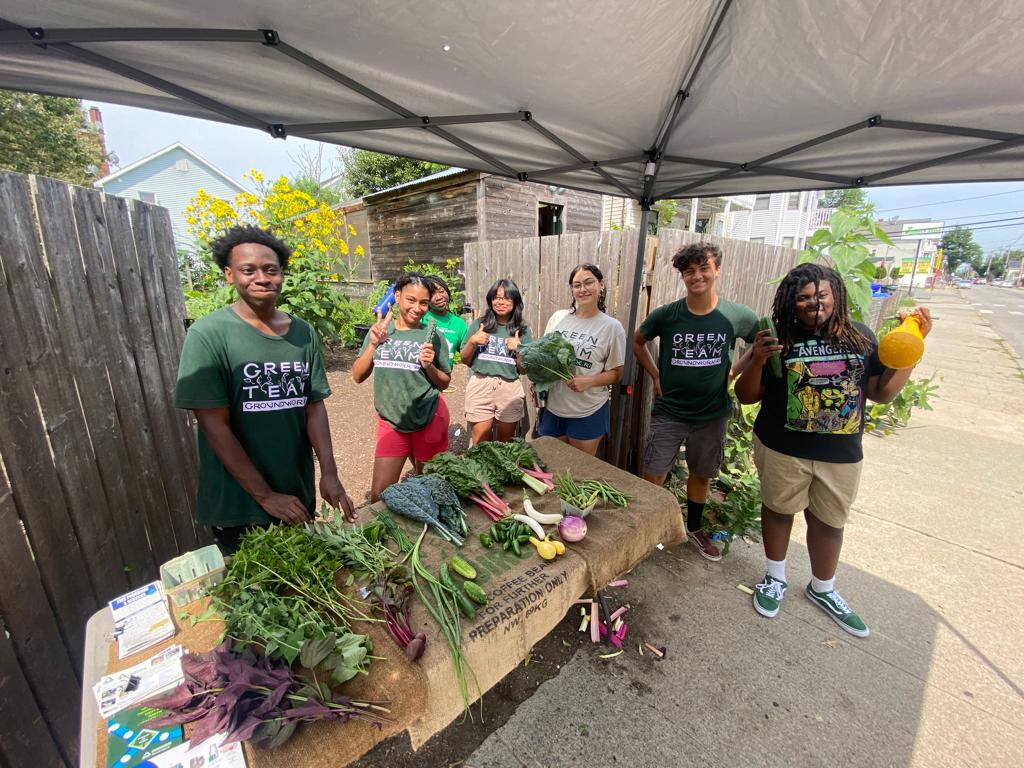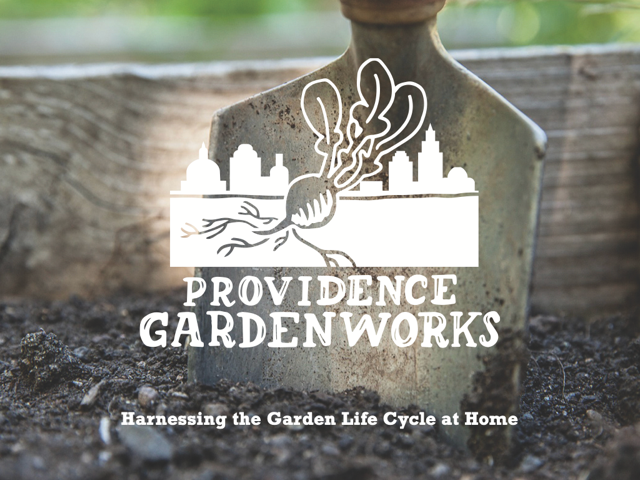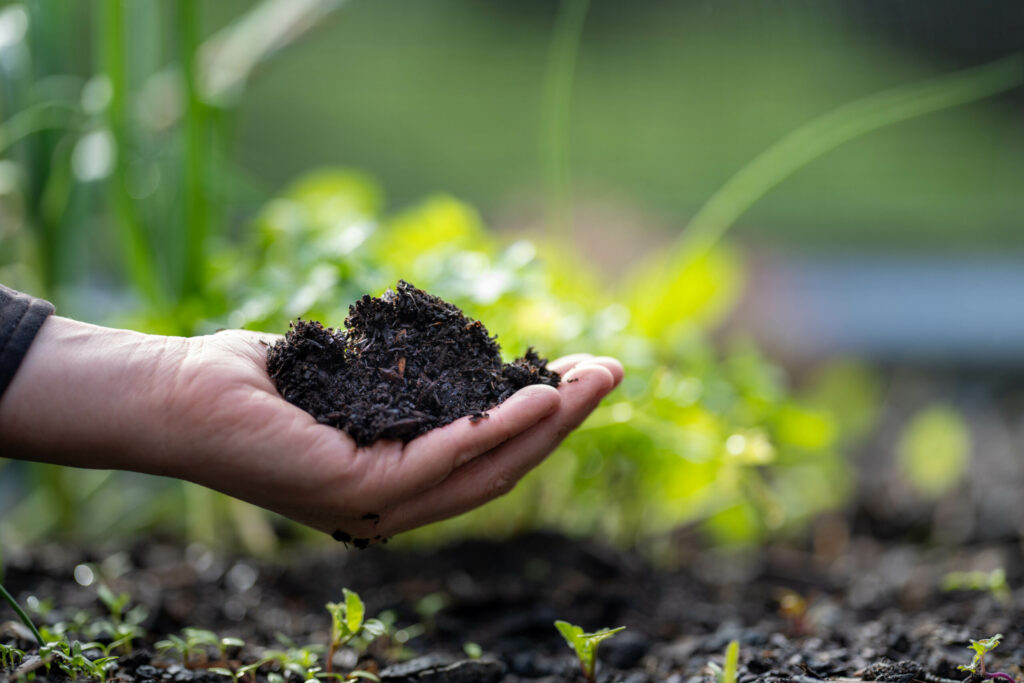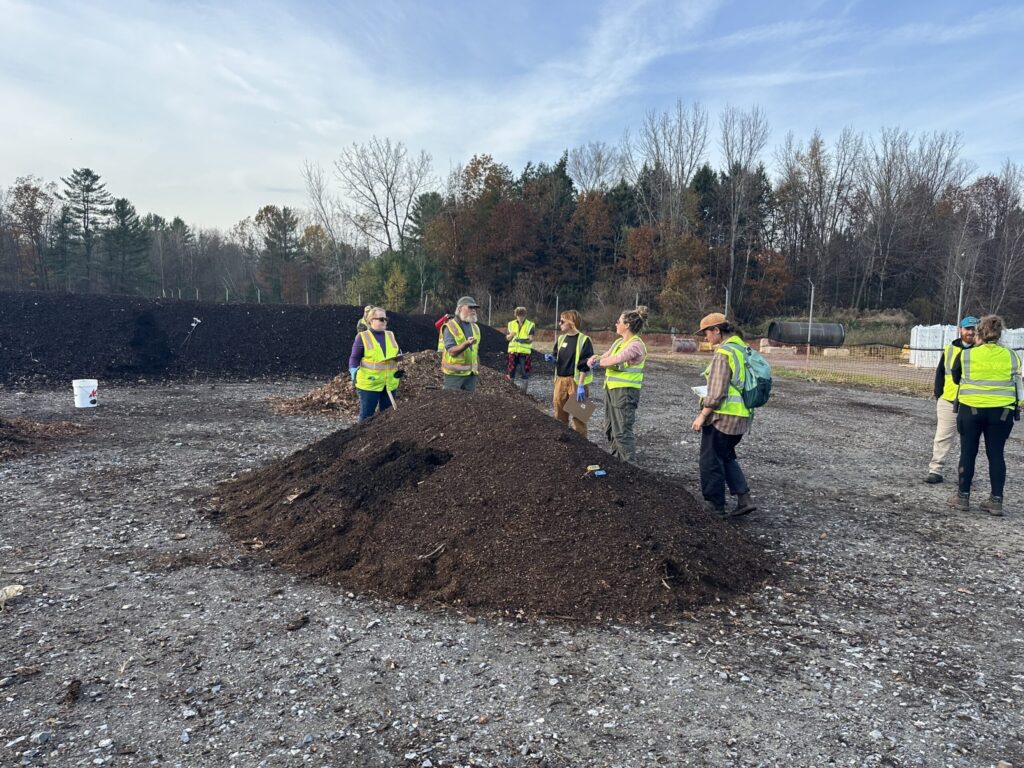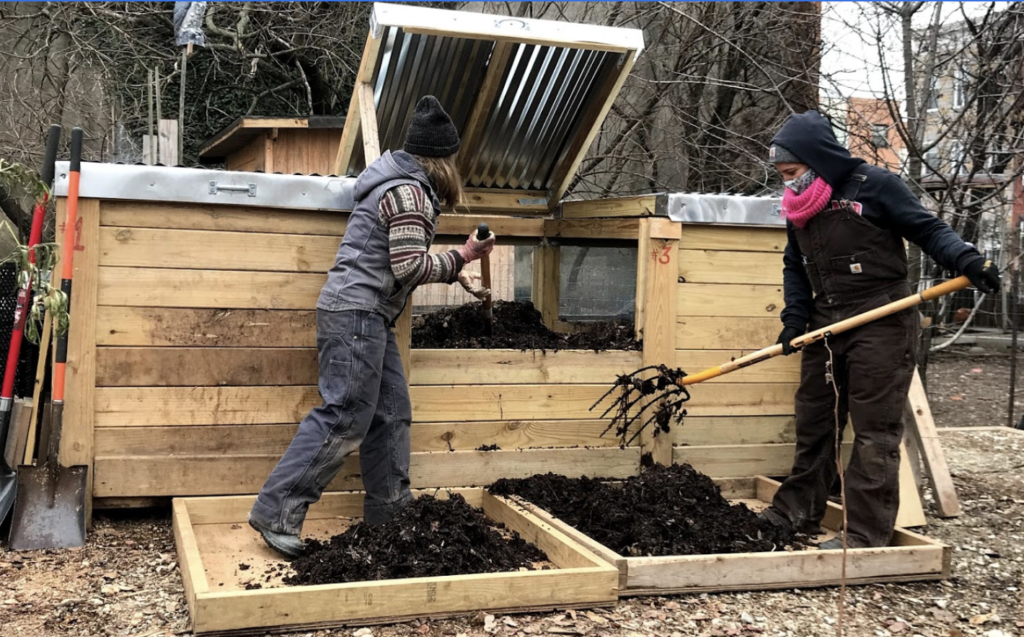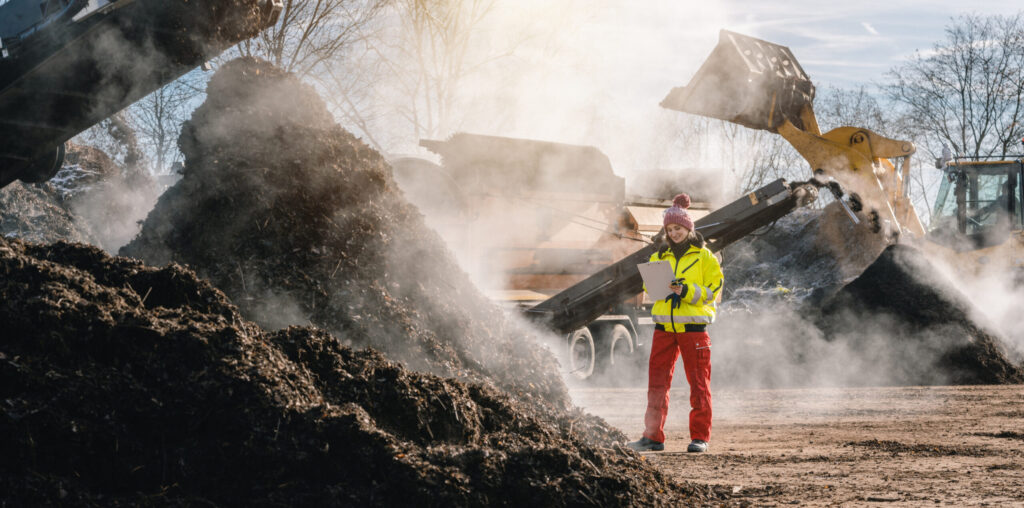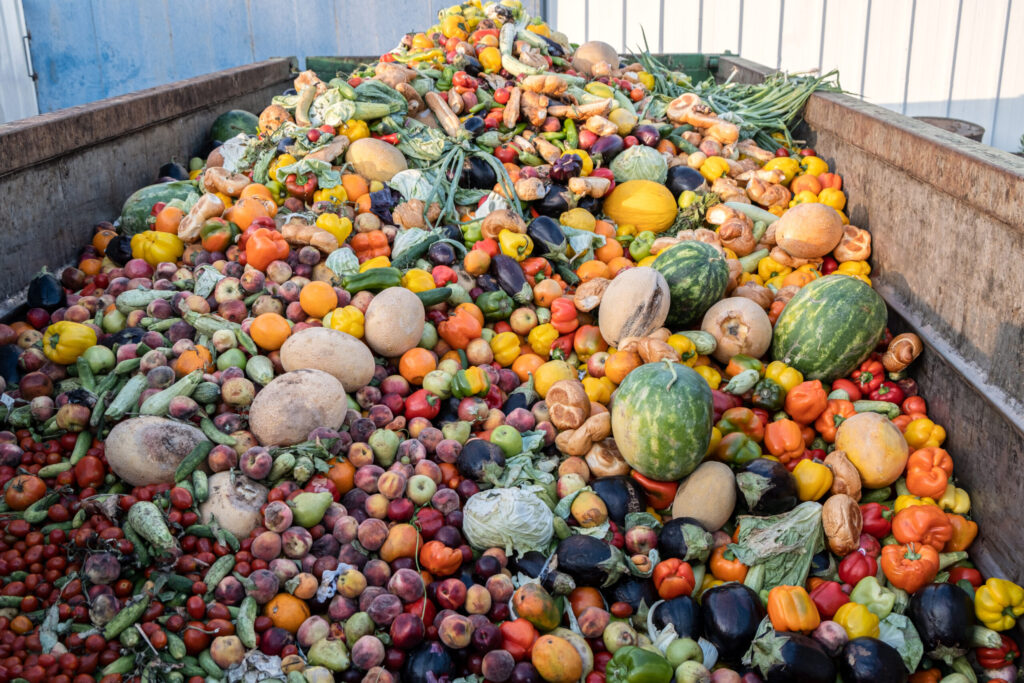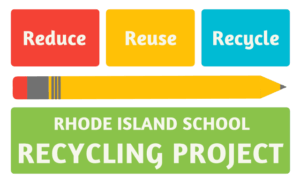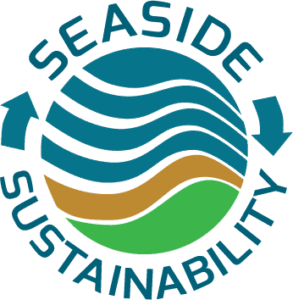11th Hour Racing is
Composting
#ForTheOcean
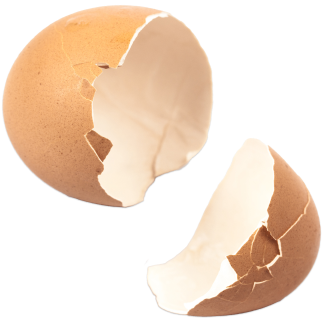

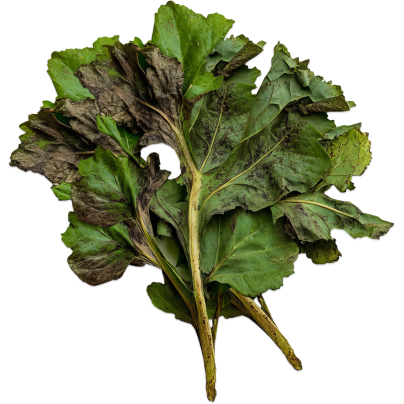


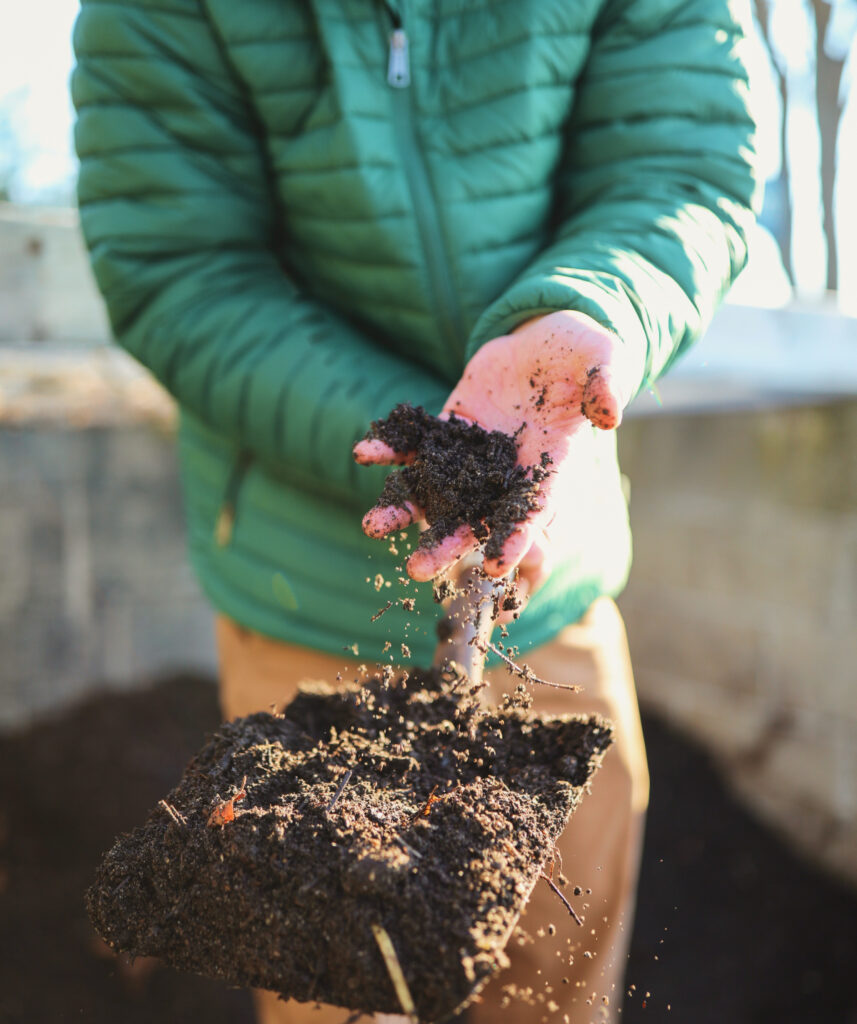
WHY COMPOST?
Let's dig into the significant Benefits of composting.
When it comes to composting, it’s easy to look down at decomposing banana peels and coffee grinds and ask, “What’s in that stuff? and what’s in it for me?”.
We’re glad you asked. Composting offers enormously outsized effects to the effort it takes, which directly benefits you. It creates cleaner air by reducing methane gases and carbon dioxide, provides healthier soil and crops and reduces chemical runoff into waterways. Simply put, the air you breathe, the food you eat, the water you drink and the ground you walk on all benefit from compost — as, of course, you do.
If we’re committed to achieving the United States’ goal of halving food loss and waste by 2030, composting must be part of the solution. As awareness of its benefits grows, cities are expanding the infrastructure to support it. Just as curbside recycling became standard after landfill overflow demanded change, many homes and schools now have access to excellent compost collection services
If you’re on this page, you’re likely interested in composting beyond personal gain.
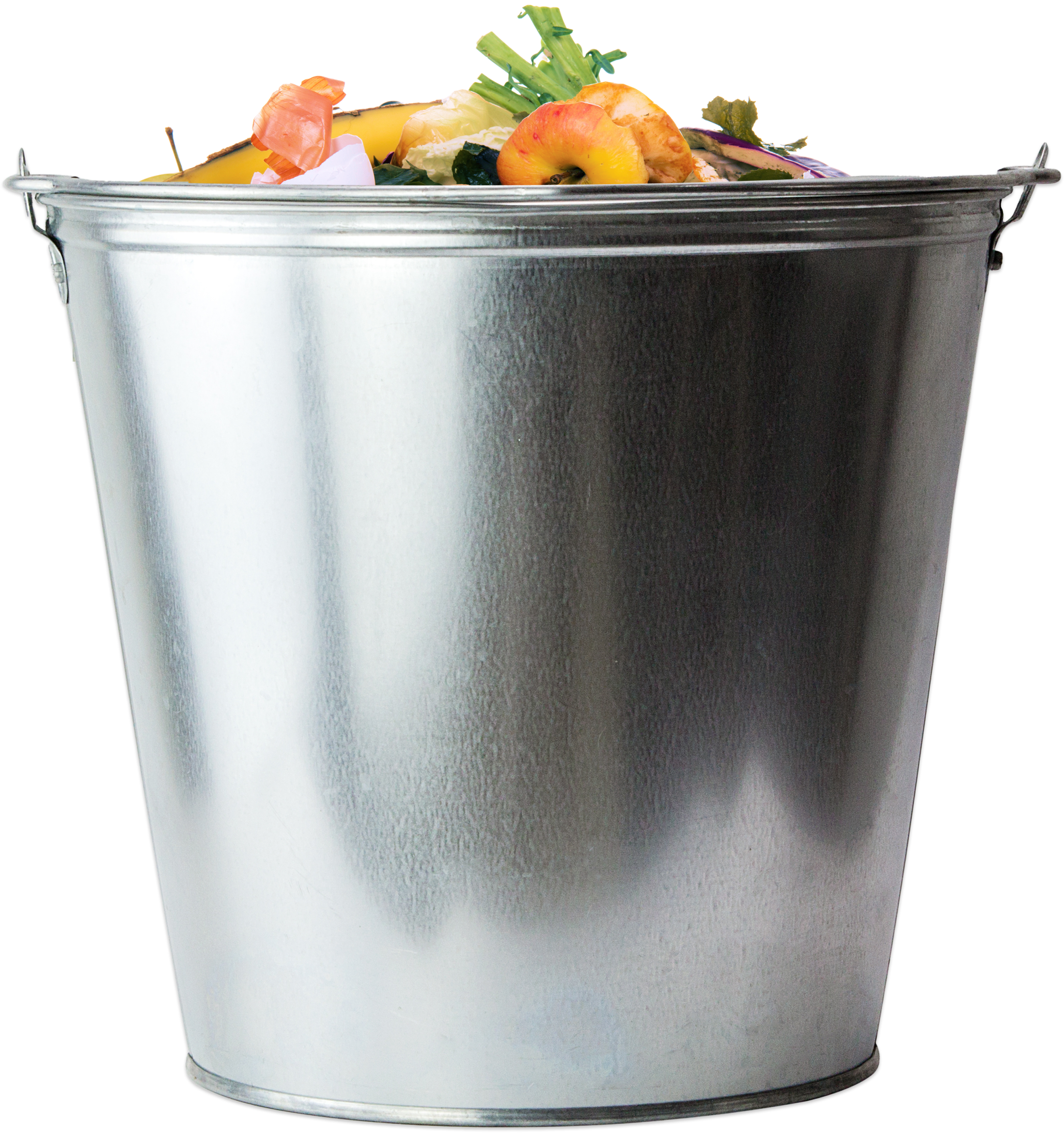
% of All Food in the U.S. Goes Uneaten & Unsold
To put that in perspective, imagine throwing out more than a third of your food every time you filled up the fridge (refed.org).
Billion Pounds of Food Goes to Waste
Since Americans eat about 1,996 pounds of food a year, that means wasted food could feed 46 million Americans a year (Feeding America, NPR).
% of Food from Grocery Stores Is Thrown Away
That’s as if 3 out of every 10 rows of any grocery store went directly into a landfill (rts.com).
Feed the Earth, Nurture the Ocean
Support a Global Ecosystem
No matter where you live, what you do on land impacts the sea. Whether you live near the coast or far inland, everything trickles downstream, and by embracing compost, nature’s recycling, positively impacts the ocean.
Reduce Greenhouse Gases
The ocean absorbs most of the excess heat from greenhouse gas emissions, increasing ocean temperatures. This results in rising sea levels, collapsing food chains, extinction, coral bleaching, acidification, and violent weather events, to name a few. Every effort to reduce greenhouse gases benefits our ocean, and composting is one of the simplest.
Cut the Chemicals, Cue the Compost
Overuse of fertilizer on everything from farmlands to backyard gardens to lawns devastates ocean health. The chemicals travel downstream, creating toxic algae blooms that suffocate our seas. But when we use compost on soil, we reduce ocean-bound pollution and build healthy living soil that can sequester more carbon from the atmosphere.
Turn over a new leaf and Start Composting
UNCOVER How you can get involved right from home!
Composting is proof that the smallest of actions can have massive impacts. Banana peels and coffee grounds go from smelling up your kitchen to healing our air, soil and water.
You aren’t alone; many organizations pick up compost or accept drop-offs, making it easy for you to compost. For a complete list by area, check out the chart below.
Are you already composting? Help us encourage others to get involved. People who love the ocean, nature and gardening make a good audience.
What should and Should Not go in a compost pile?
What you put in a compost pile or in the bin of a pickup service varies depending on a few factors. Check-in with your local program or get a detailed list from The Ocean Lovers Guide to Compost.
Download the GuideFind a Compost Service:
Want to dig a little deeper?
Sign up for special updates from 11th Hour Racing, and get a copy of The Ocean Lovers Guide to Compost! We’ll send you more information about composting opportunities, including national resources and backyard composting options.
Compost Resources
We’ve gathered a selection of reliable resources—some connected to programs we fund and others not. We know there’s much more out there; consider this a starting point for your journey!
Thank you to our partners and collaborators for helping to amplify The Ocean Lovers Guide to Compost by sharing it with their communities.

